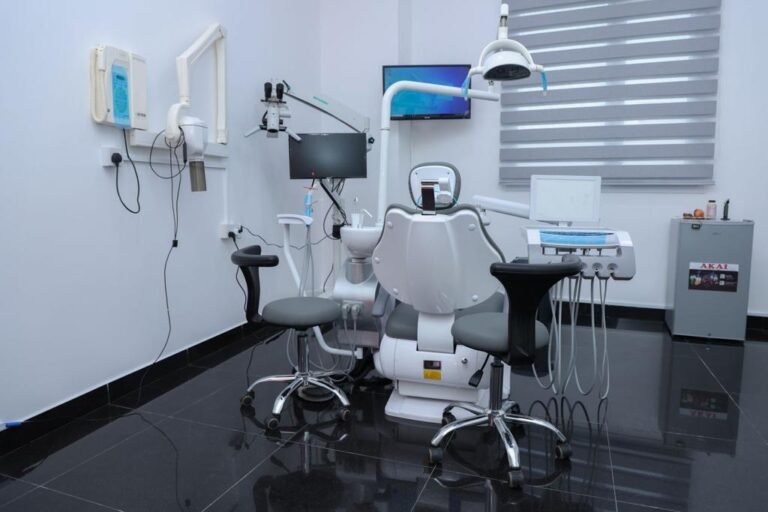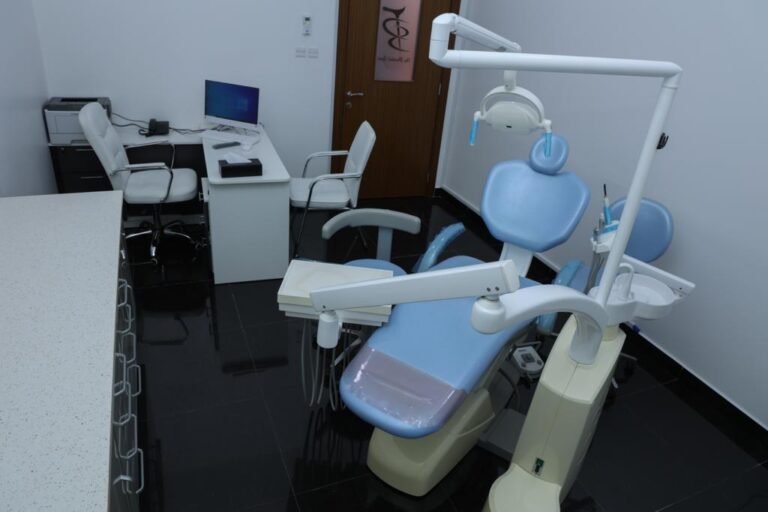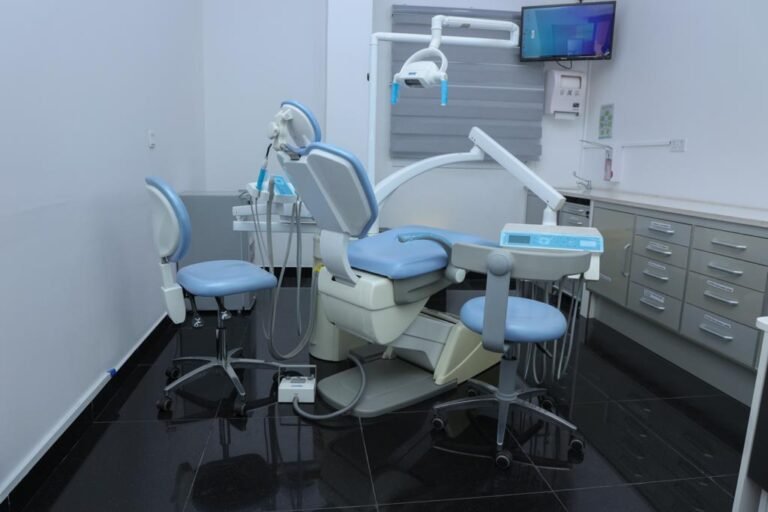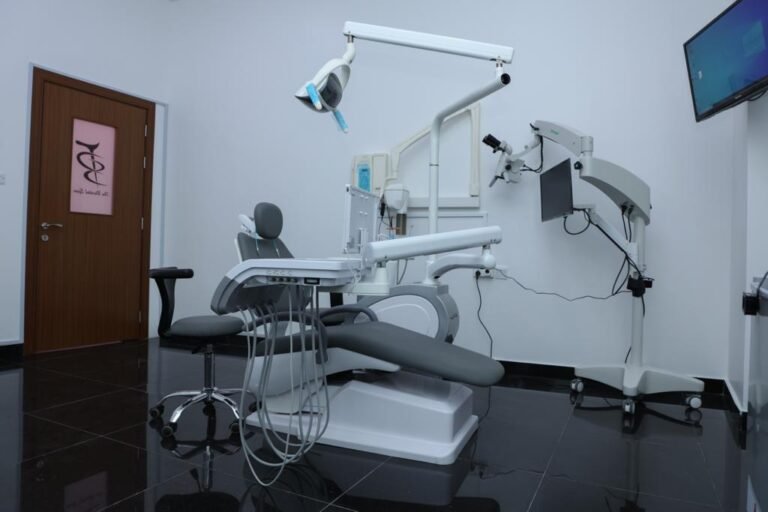Gum Disease Treatment
- Home
- Gum Disease Treatment


Gum Disease Treatment
Treatment for gum disease, also known as periodontal disease, aims to control infection, reduce inflammation, and prevent further damage to the gums and supporting structures of the teeth. The type of treatment recommended depends on the severity of the gum disease. Here are some common treatments for gum disease:
Scaling and Root Planning (Deep Cleaning): This is a non-surgical procedure performed by a dentist or dental hygienist to remove plaque and tartar (calculus) from below the gum line and smooth rough spots on the tooth roots. It helps to eliminate bacteria and toxins that contribute to gum disease and promotes gum healing.
Antibiotic Therapy: Antibiotics may be prescribed to help control bacterial infection in the gums. They can be administered orally, topically (applied directly to the gums), or as an adjunct to scaling and root planing. Antibiotic mouth rinses or gels containing chlorhexidine may also be recommended to reduce bacteria and inflammation.
Surgical Treatments:
Gum Flap Surgery: In cases of advanced gum disease, where pockets of infection are deep and difficult to clean with scaling and root planing alone, a surgical procedure called flap surgery may be necessary. The gums are lifted back, and tartar is removed from the pockets. The gums are then repositioned to fit snugly around the teeth, reducing the pocket depth and making it easier to keep clean.
Bone Grafts: If gum disease has resulted in bone loss around the teeth, bone grafting may be performed to regenerate lost bone and support the teeth.
Soft Tissue Grafts: In cases where gum recession has occurred, soft tissue grafts may be used to cover exposed tooth roots and improve the appearance of the smile.
Ongoing Maintenance: Following initial treatment, regular maintenance visits with a dentist or periodontist are essential to monitor gum health and prevent recurrence of gum disease. This may involve routine cleanings, periodontal maintenance procedures, and reinforcement of oral hygiene techniques.
Lifestyle Modifications: Quitting smoking, adopting a healthy diet low in sugars and refined carbohydrates, and managing conditions such as diabetes can help improve gum health and reduce the risk of gum disease progression.
It’s essential to seek professional dental care if you suspect you have gum disease, as early intervention can help prevent irreversible damage to the gums and supporting structures of the teeth. Your dentist or periodontist will evaluate your condition and recommend the most appropriate treatment plan tailored to your individual needs.






